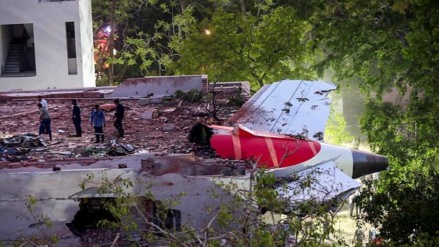At London-based law firm, Keystone Law, has been formally retained by several British families affected by the tragic Air India AI171 plane crash to pursue justice and seek clarity on the causes of the disaster. The crash, which occurred shortly after take-off from Ahmedabad on June 12, claimed the lives of 261 people, including passengers, crew, and residents on the ground.
The Boeing 787-8 Dreamliner, en route to London Gatwick, crashed into the hostel block of BJ Medical College, killing all but one of the 242 people on board and 19 on the ground. Among the victims were 52 British nationals.
Keystone Law’s aviation team, led by partners James Healy-Pratt and Owen Hanna, is focusing its technical investigation on two critical concerns: the deployment of the Ram Air Turbine (RAT) and the sequential loss of thrust in both engines. The team is preparing families for the preliminary investigation report, which is expected later this month.
“Our technical investigation team believes that the RAT was automatically deployed, indicating a serious systems failure at the critical moment of take-off,” said Healy-Pratt. “Serious questions will need to be asked of both Air India and Boeing.”
The law firm is working closely with around 20 British families, advising them through the UK’s coronial process and coordinating with legal representatives for Air India and its insurers. The investigation team also includes top international aviation experts, such as barrister John Kimbell KC, former US Navy aviator Daniel T. Barks, and a former RAF Boeing pilot.
Healy-Pratt noted that if evidence points to liability, legal action may be pursued either in the UK High Court or the US federal court in Virginia, where Boeing is headquartered. He emphasized that for some families, financial justice is also a key concern, highlighting that compensation in the U.S. could range from $8 to $10 million per victim—significantly more than payouts typically awarded in the UK or India.
While the law firm initially represented British families, it has now been approached by families in India as well. Some concerns have been raised over delays in repatriation and identification processes, with families expressing frustration at the lack of communication from investigating authorities.
“The families want justice and truth,” said Healy-Pratt. “They are angry, grieving, and determined to understand why their loved ones died.”
